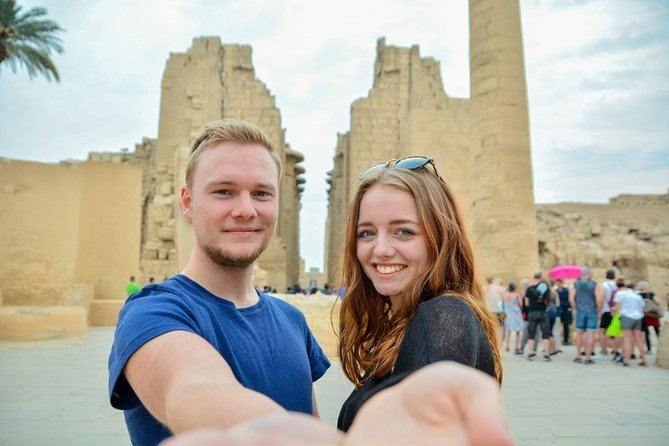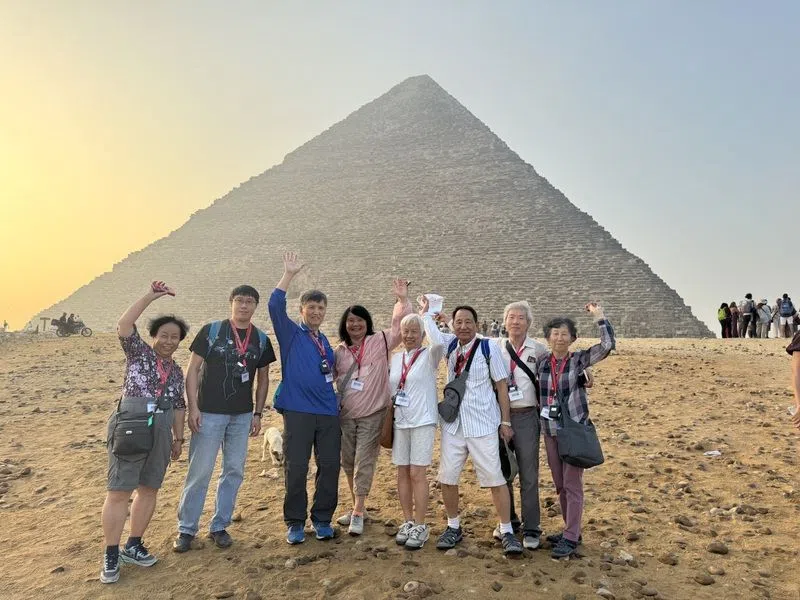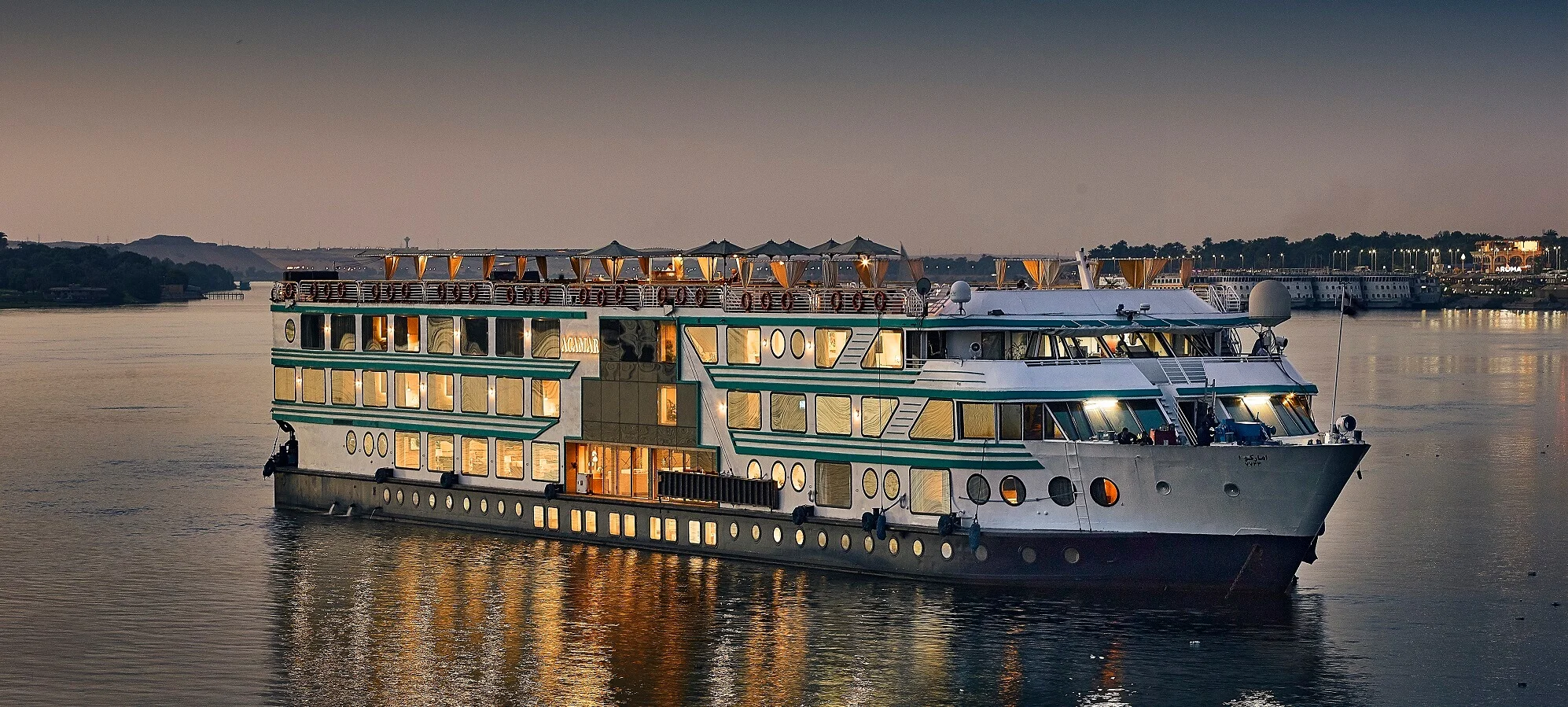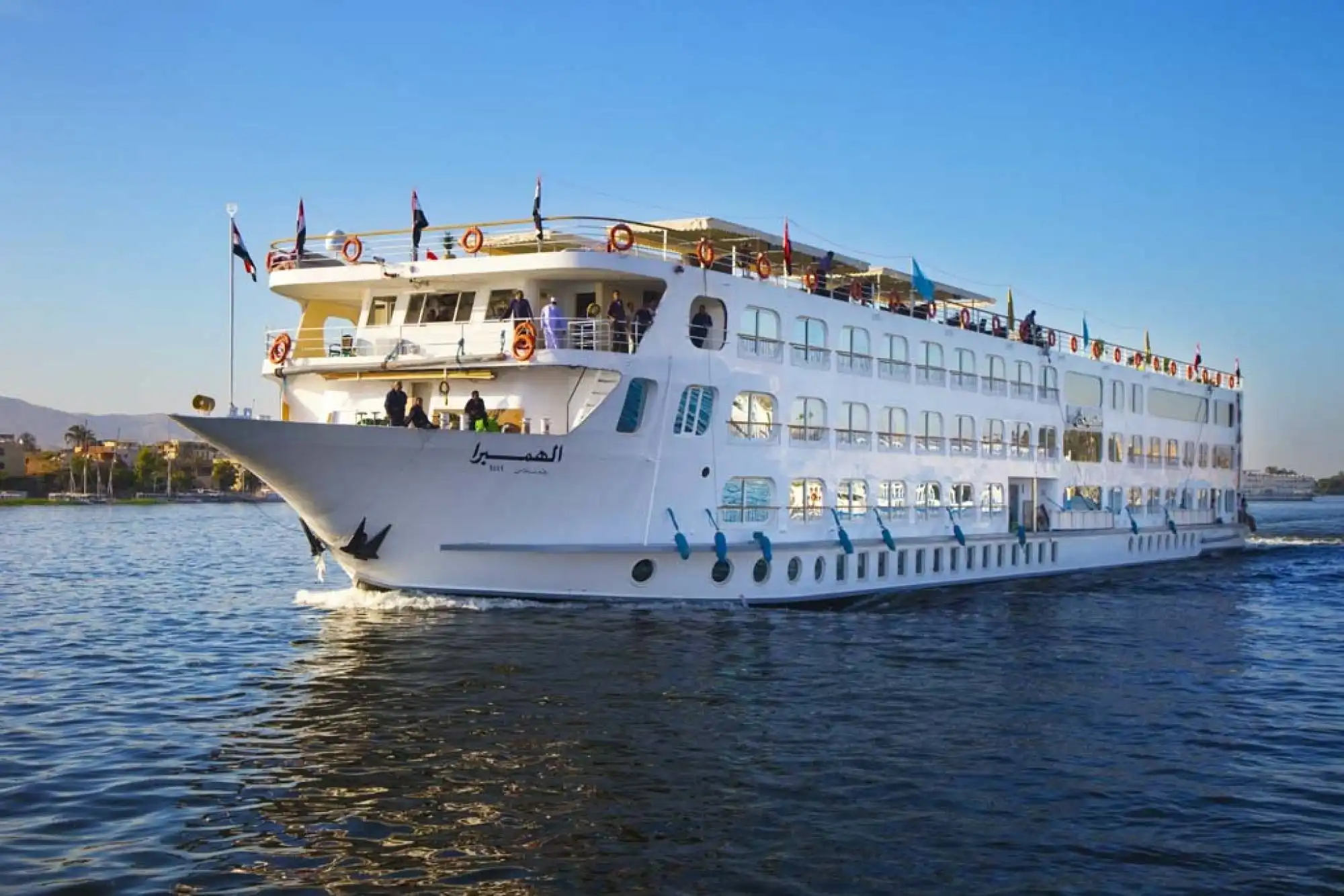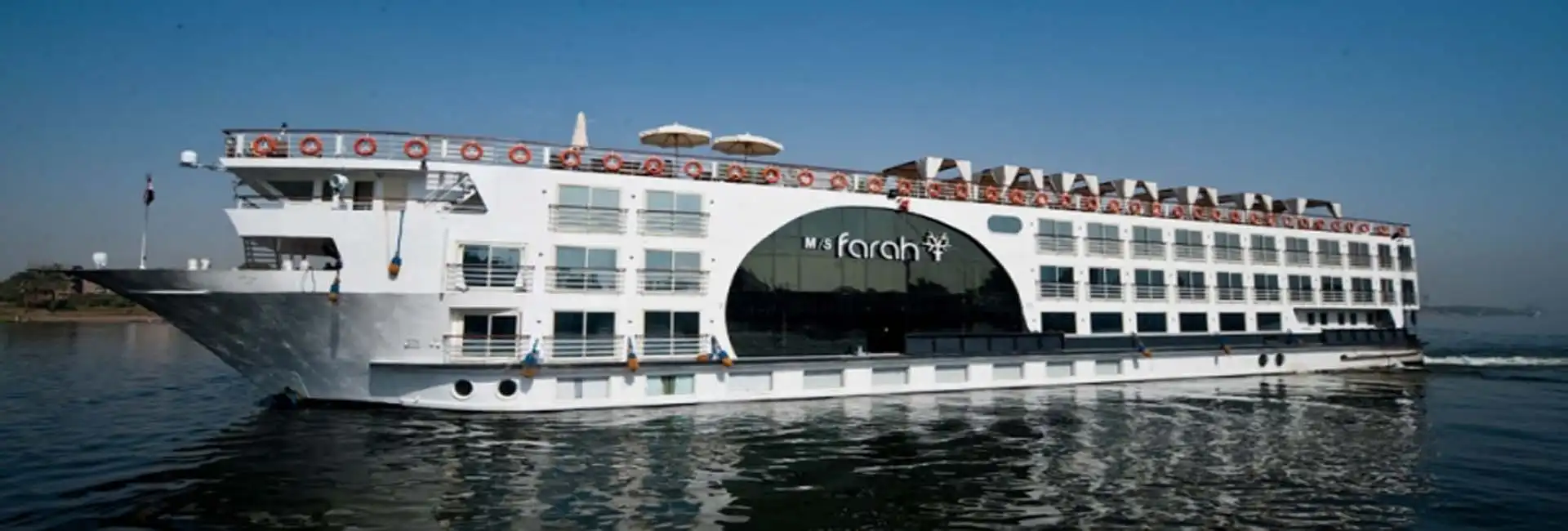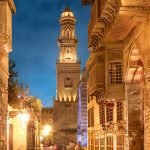EL Muizz Street
El Muizz Street isn’t your typical street, as it has the greatest concentration of medieval architectural treasures in the Islamic world. This street redefines words like majesty and beauty and is considered one of Egypt’s finest open-air museums. Muizz Street was constructed by the fourth caliph Al-Muizz of the. Fatimid dynasty took control of Egypt in 969 A.D from the Abbasid dynasty. The new caliph Al-Muizz constructed a new capital
Al-Qahira instead of the old one Al Fustat and tried to expand the influence of the Shi’a interpretation. of Islam in the land of the Sunni Abbasid caliphate. El Moez street was of course named after the caliph Al-Muizz and was the main street for the Fatimid capital of Egypt which was destroyed by the Sunni caliphates who regained control of the city.
Description of EL Muizz Street
EL Muizz Street is famous for containing many monuments like mosques and palaces from the Ayyubid, Mamluk, and Ottoman dynasties which makes it the heart of Egypt’s Islamic history. The northern part of El Moez Street extends from Bab Al-Futuh to Azhar Street next to Khan Al-Khalili. The street holds a big number of craftsmen, shops, antiquities, and many ancient buildings that will make you feel like you are time-traveling. Many restorations took place over the years even today.
Historical Buildings of EL Muizz Street
filled with a number of amazing monuments from different. time periods all along the street from the north to the west from Bab Al-Futuh and ending at Bab Zuweila. In the northern part between Bab Al-Futuh and Al-Azhar Street such as the Mosque of Al-Hakim bi Amr Allah (1013), the
Mosque of Sulayman Agha Al-Silahdar (1839), the Bayt al-suhaymi. (1648-1796), the Mosque of Al-Qamar (1125), the Sabil-Kuttab of Abdel Rahman Katkhuda (1744), the Qasr Bashtak (1339), the Madrasa of Barquq (1386), Madrasa of Al-Nasir Muhammad (1304), Qalawun Complex (1285), the
Mosque of Taghri Bardi (1440). On the southern part of Al-Muizz Street at the intersection of Al-Azher. streets such as the Sultan Al-Ghuri Madrasa (1505), Sultan Al-Ghuri Mausoleum (1505), and the Mosque of Muayyad (1420). At the far south at the exit of Bab Zuweila, there is the Mosque of
Salih Tala (1160) and Qasaba of Radwan Bey (1650). The Rehabilitation Project of EL Muizz Street Muizz Street has usually been under a series of ongoing extensive renovations and restorations since 1997 across all of its modern buildings, sewerage, pavings, and historical buildings all for the
purpose of maintaining the original appearance. of the street, even lowering all the buildings to an appropriate height and painting in an appropriate color plus the installment of exterior lighting on the building to fully showcase the night allure of the street.

